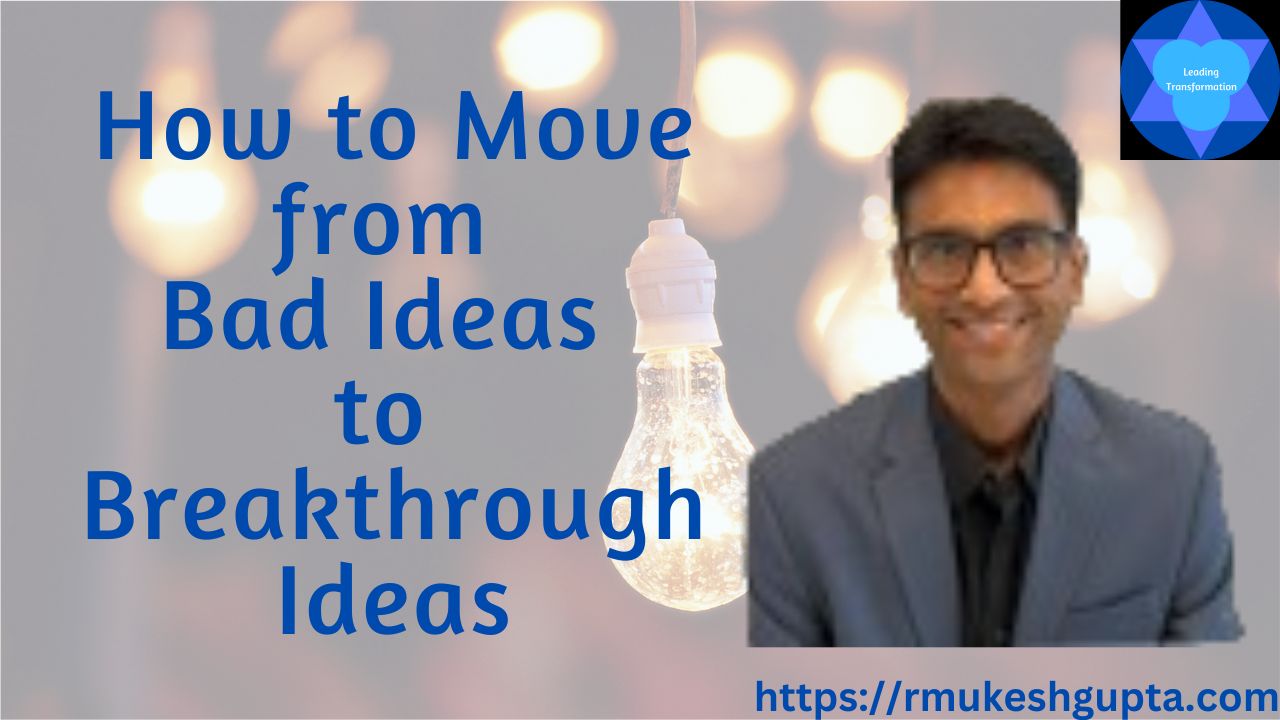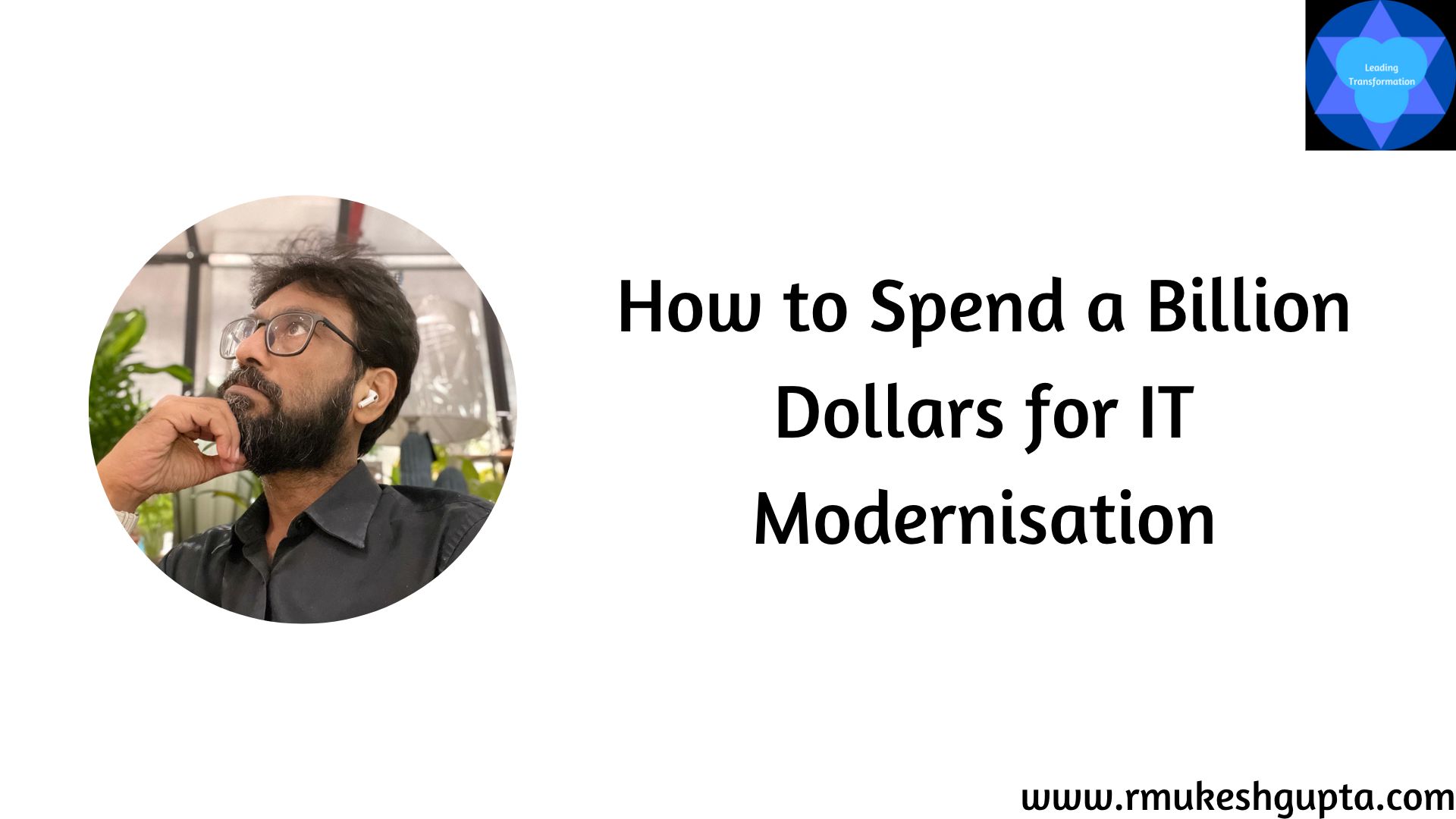These past few days, I have been contemplating about time and how the thinking in different time horizons affects the decisions that we make in the moment. I have realised that we could make infinitely better and more intentional decisions if we were more intentional and thought about every decision in terms of different time horizons.
This also led me to think about the cost of making decisions and how this impacts our everyday decisions.
Generally speaking, when we are deciding in favor of short term, we tend to have benefits upfront and the costs piling up in our future and when we are deciding in favor of long-term view, the costs are upfront, and the benefits are piling up in the future.
In both the case, the effect of the decision will compound over time.
What this means is that in the case of decisions favoring the short term, the costs over time will compound and in the case of decisions favoring the long term, the benefits over time will compound.
We have the story of a school teacher building up savings in millions of dollars that she donated to charity when she passed away. She knew the power of compounding benefits of thinking long term.
Saving more today costs us in the short term (ex: missing out the party or the cool gadget, one that we may most likely not need) but investing that saving over time can help us retire well. Exercising today has the same compounding benefits over time. Eating healthy is similar.
The same principle also applies in the business context.
Many organizations and leaders take the short-term route as they find that the immediate benefit that this provides is their key to promotions and riches. They don’t bother about the compounding long term cost of their decisions. This is one of the reasons why most organizations lose their sheen and competitive edge over time.
This is where businesses like Amazon score the most. They are constantly thinking of long term and they are willing to absorb the cost in the short term so that they can enjoy the compounding benefits in the long term.
When we think of our decisions in terms of compounding cost over time or compounding benefits over time, it makes making the long-term decisions easier.
In important areas of my life, I would rather pay a small cost now and enjoy the compounding benefits later rather than the other way around.
Does this framing help you make decisions favoring long term benefits? Try it before dismissing it and let me know.
This post was inspired by two posts:
Here is Amazon’s letter to shareholders (1997) where they clearly lay out the importance of long term thinking, which Jeff Bezos refers to every year in his annual letter to shareholders.



